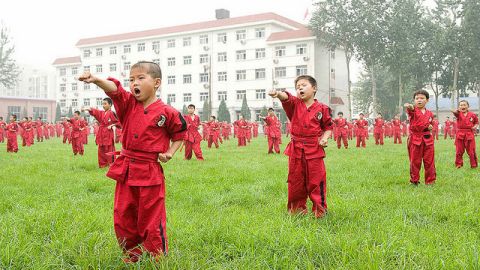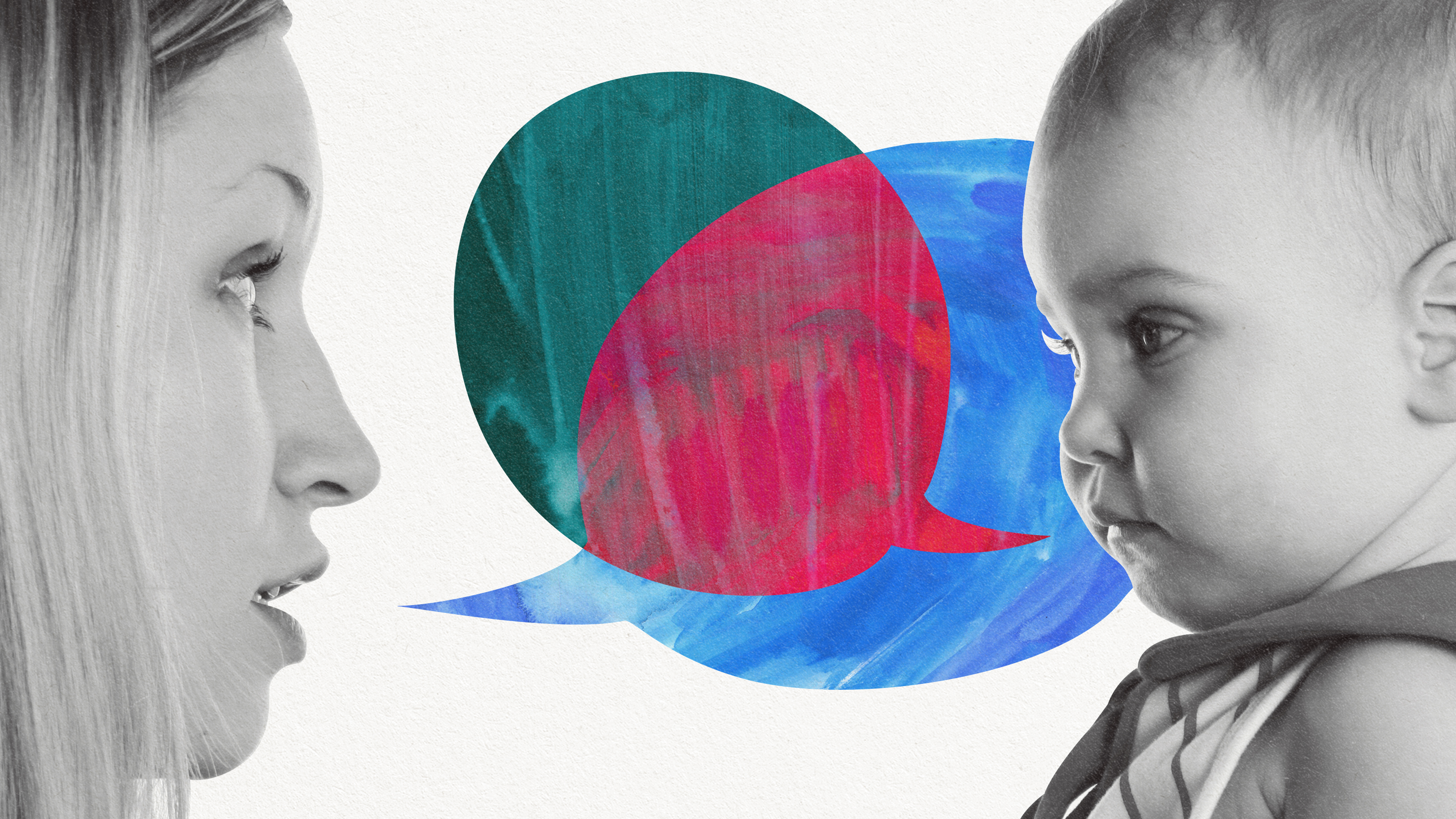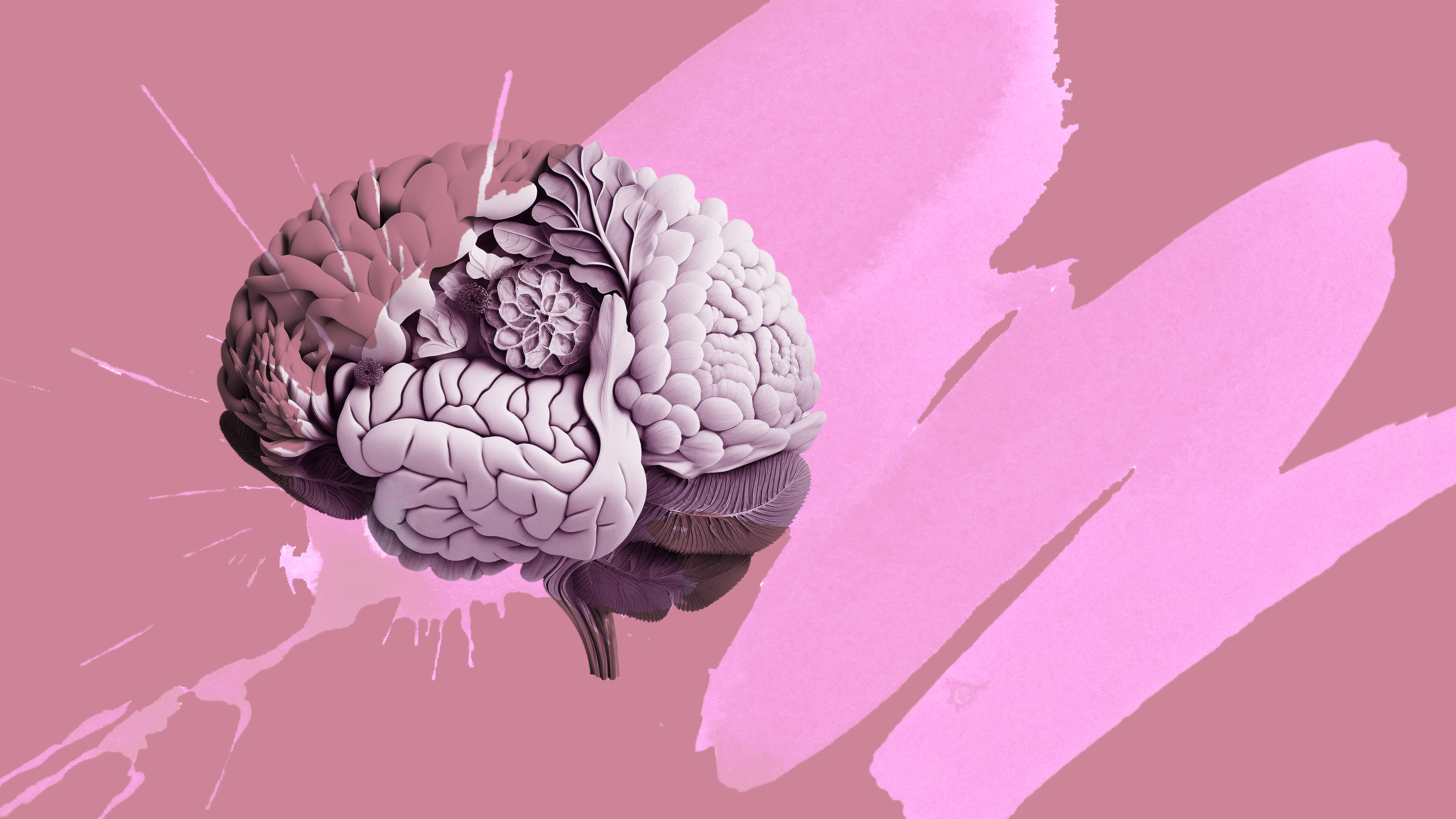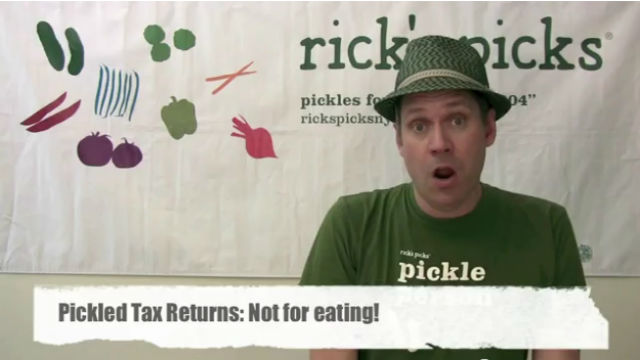Teach Your Child Self-Discipline Without Tiger-Parenting Them To Death
The importance of teaching children self-discipline and the educational power of fun – are also unusually well-supported by science.

Sign up for Big Think on Substack
The most surprising and impactful new stories delivered to your inbox every week, for free.
SPECIAL MINISERIES: Dr. Wang Explains Your Child’s Brain.
What’s the Big Idea?
The publication of Amy Chua’s 2010 book Battle Hymn of the Tiger Motherunleashed a parental s#*tstorm across the Western blogosphere. At its core, the apoplectic backlash against Chua’s parenting (which, granted, does have its horrific moments*) revealed a culture clash between two parenting styles: one promoting children’s self-esteem, the other prioritizing self-discipline.
In the book, Chua asserts that her rigorous parenting style (no tv, no sleepovers, hours of daily violin and piano practice, expectations of academic perfection), is “Chinese,” and based on the view that “Childhood is a training period, a time to build character and invest in the future.”
In the book, Chua asserts that her rigorous parenting style (no tv, no sleepovers, hours of daily violin and piano practice, expectations of academic perfection), is “Chinese,” and based on the view that “Childhood is a training period, a time to build character and invest in the future.”
The resultant debate, therefore, produced two misleading binaries: “East vs. West,” and “Amy Chua vs. Everybody Else”. Critiques included:
While intriguing, all of this somewhat misses the point. According to Princeton neuroscientist (and parent to a four-year-old) Sam Wang, Chua is definitely right about one thing: teaching your kids self-discipline is good parenting. He cites numerous longitudinal studies demonstrating that self-disciplined toddlers are more likely to grow into persistent, positive, healthy, and satisfied adults. Wang and co-author Sandra Aamodt explore this and other developmental issues with humor, scientific rigor, and reassuring pragmatism in their forthcoming book, Welcome to Your Child’s Brain.
Happily, it seems that we can have our cake and eat some of it, too. “An important point here,” says Wang, “is that willpower [i.e. self-discipline] training in children is most effective when the child is having fun.” Intense stress is a poor learning tool at best, and potentially harmful to the developing brain, especially in sensitive children. Gently guided play, a powerful approach exemplified by the school program“Tools of the Mind”, can incorporate self-discipline training into the imaginative play that children naturally engage in and enjoy.
Happily, it seems that we can have our cake and eat some of it, too. “An important point here,” says Wang, “is that willpower [i.e. self-discipline] training in children is most effective when the child is having fun.” Intense stress is a poor learning tool at best, and potentially harmful to the developing brain, especially in sensitive children. Gently guided play, a powerful approach exemplified by the school program“Tools of the Mind”, can incorporate self-discipline training into the imaginative play that children naturally engage in and enjoy.
Sign up for Big Think on Substack
The most surprising and impactful new stories delivered to your inbox every week, for free.





